Filter staff:
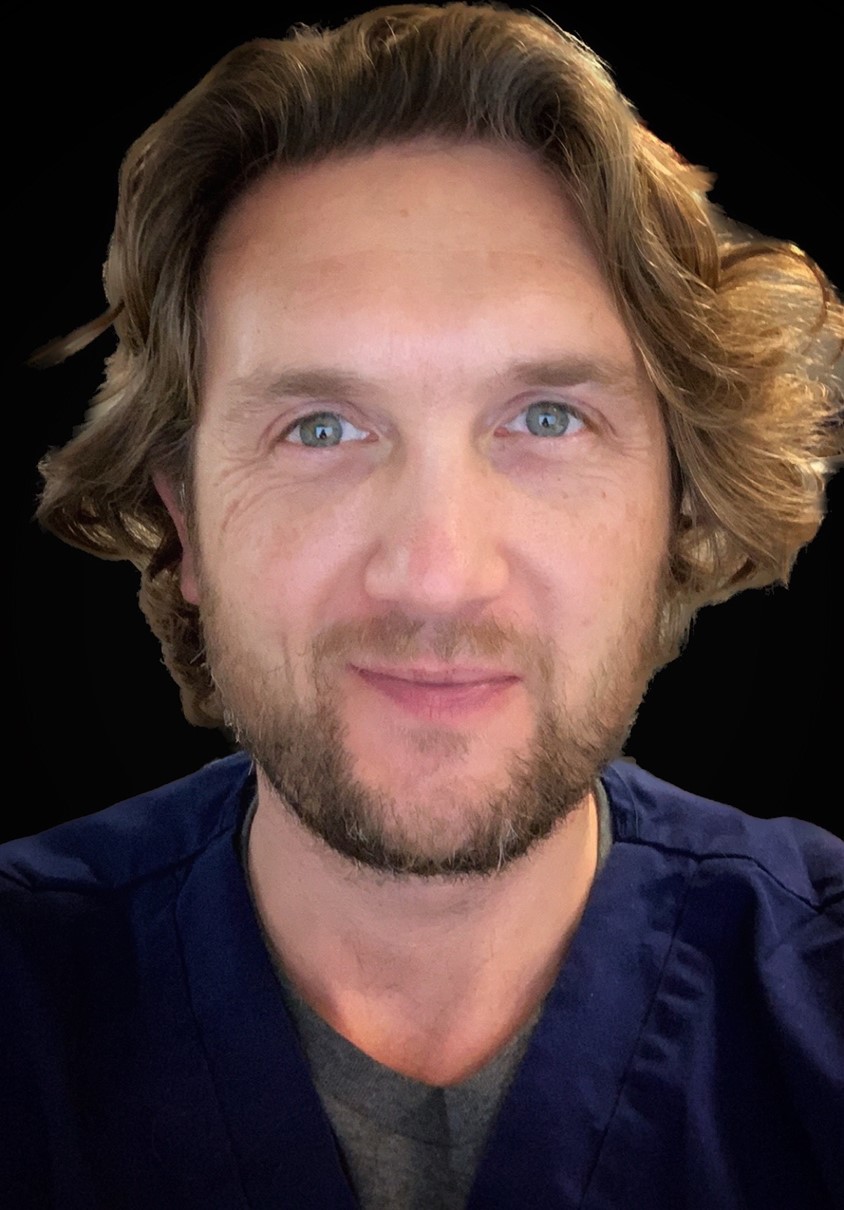
Dr Christopher Adcock
Bye-Fellow

Dr Christopher Adcock
Bye-Fellow
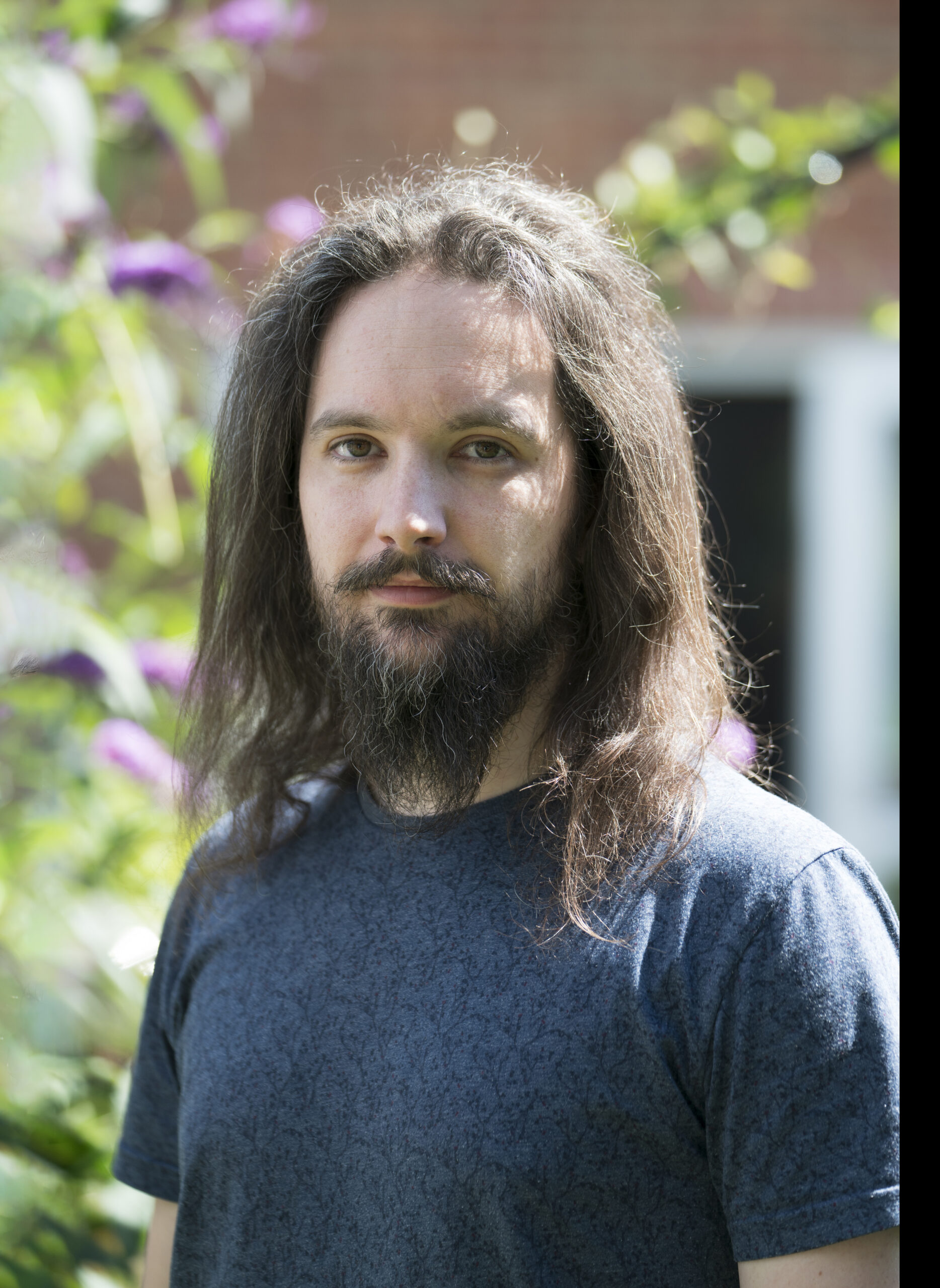
Dr Christopher Williamson
Bye-Fellow

Dr Christopher Williamson
Bye-Fellow
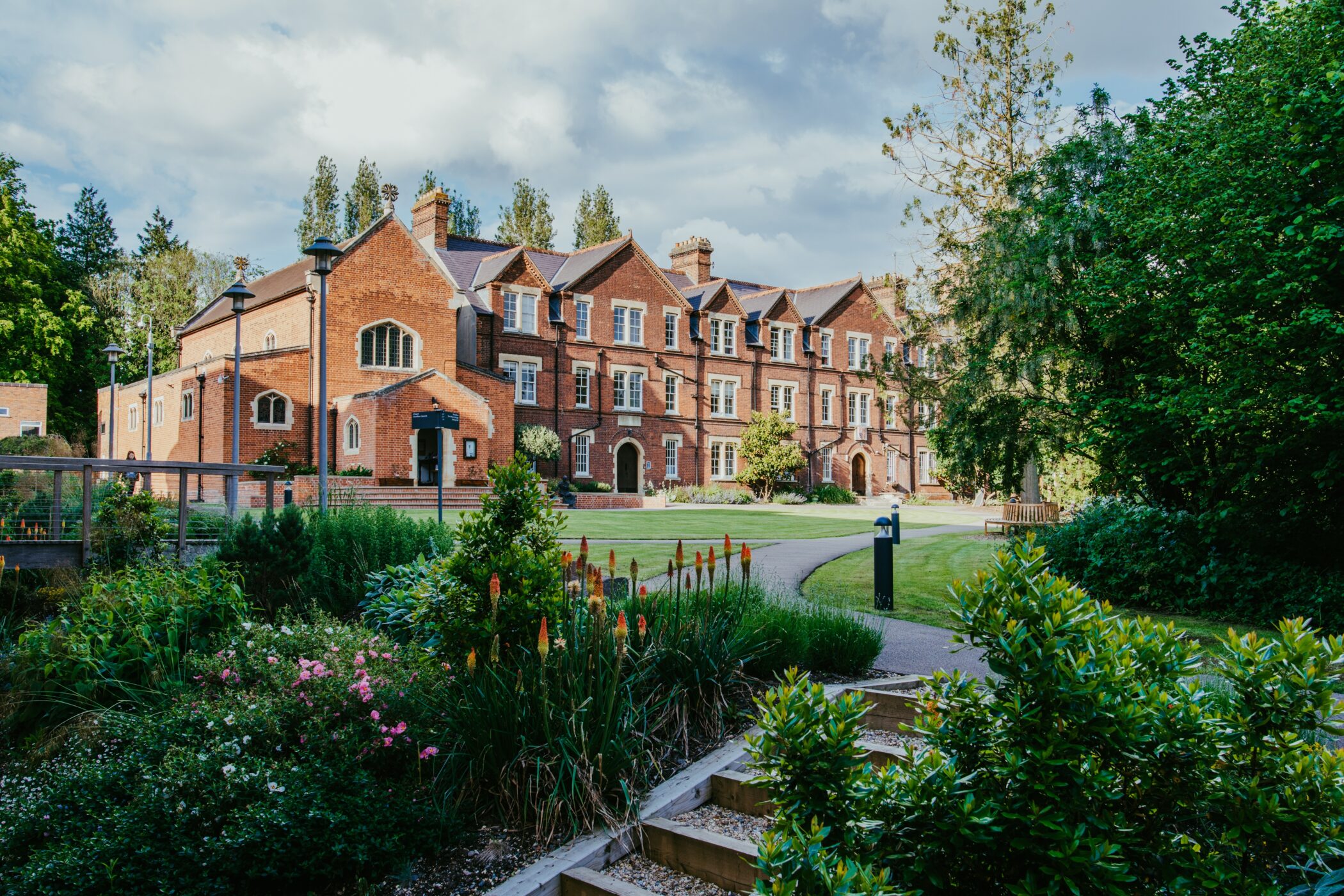
Dr Colin Bundy
Honorary Fellow

Dr Colin Bundy
Honorary Fellow

Dr Corinne Roughley
Director of Studies

Dr Corinne Roughley
Director of Studies
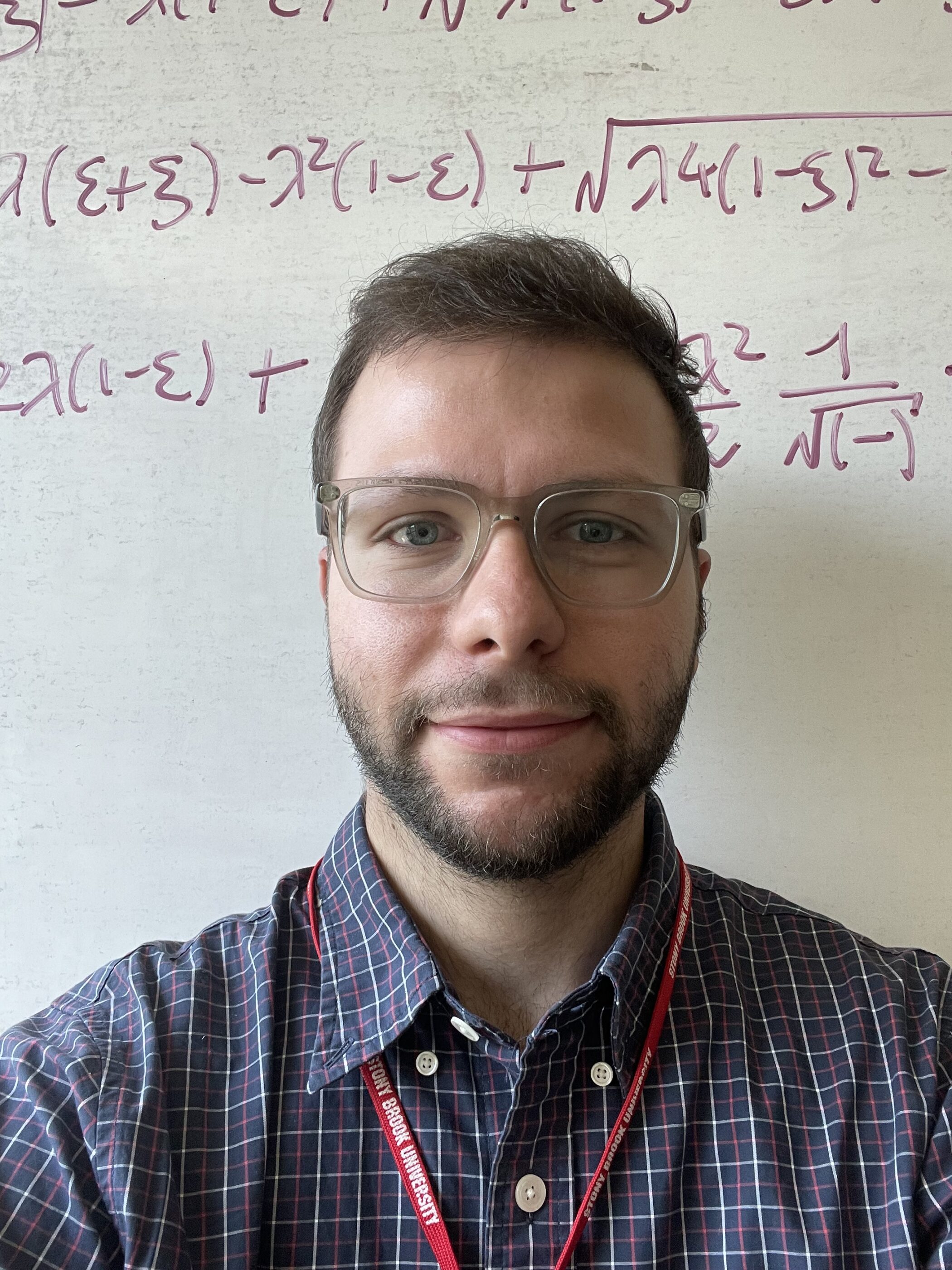
Dr Cristiano Longarini
Post Doctoral Research Associate

Dr Cristiano Longarini
Post Doctoral Research Associate
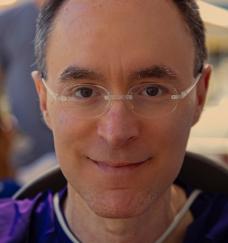
Dr David Friedman
Bye-Fellow, Director of Studies

Dr David Friedman
Bye-Fellow, Director of Studies
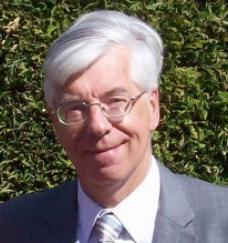
Dr Denis Alexander
Emeritus Fellow

Dr Denis Alexander
Emeritus Fellow

Dr Diana Wood
Emeritus Fellow

Dr Diana Wood
Emeritus Fellow
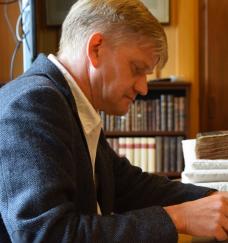
Dr Dirk Jongkind
Fellow

Dr Dirk Jongkind
Fellow
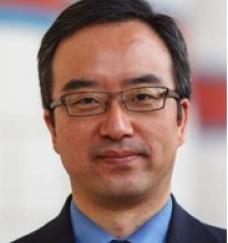
Dr Eden Yin
Fellow

Dr Eden Yin
Fellow
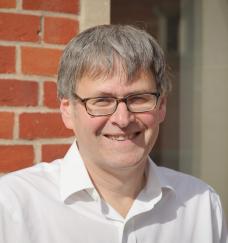
Dr Edward Kessler MBE
Fellow

Dr Edward Kessler MBE
Fellow
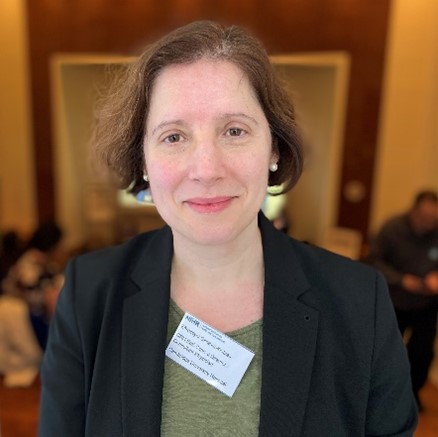
Dr Effrossyni Gkrania-Klotsas
Bye-Fellow

Dr Effrossyni Gkrania-Klotsas
Bye-Fellow

